
Considering adoption ever since their struggle with pregnancy, it was easy for the Majors to choose foreign over domestic adoption because of that reason among others.
“We got our baby within a year and did not have to wait. Domestic adoption would have taken us longer [more than a year],” Julie Majors said in an email interview. “Plus, we knew the Russian orphanages lacked foods, medicines, etc., and we would be providing a home for an infant. In addition, there were friends from our church who had adopted from Russia, so we knew we could get it done.”
That was 1996.
Now, freshly into the new 2013 year, if the Majors’ were to wait this long to adopt a Russian child, their wish would not be granted. Taken into effect, Friday, Dec. 21, Russian president, Vladimir Putin, signed a bill that banned the adoption of Russian children by U.S. citizens. This bill was an act of revenge for a previous bill signed by President Barack Obama that called for punishment of Russian citizens that dishonored human rights.
According to the New York Times, the United States adopted about 1000 Russian children in 2011, more than any other country that year. However, 120,000 children were still eligible for adoption. Denying these other orphans an adoption opportunity just because of politics didn’t quite make sense to Raymond Majors.
“Obviously I wouldn’t be here if that [ban] had taken effect sooner,” Raymond Majors said. “It helps hundreds of thousands of babies in Russia whereas if they hadn’t been adopted, around 16, 17, 18 years old, they would be placed out in the streets where, in America, they get into good homes. The Russian government makes sure that the Russian babies are being put into good homes and are getting good taken care of.”
After much confusion over the bill shortly after the Russian government signed the bill, it agreed to finalize adoptions that were already approved by the court. According to the New York Times, families in the later stages of their adoption were supposed to find comfort from this announcement. Even though Russian adoption was a shorter process, a family’s journey was still an arduous one.
For the Majors, their trip started out with two adoption agencies, World Child International and the Frank Foundation. The first three months with these agencies involved a lot of paperwork and getting approval from Russian authorities. After the approval, the Majors flew to Russia, something they would do two times before Raymond joined their family. On their first trip, they met their future son.
“When we met him at the orphanage [in Tver, Russia], we knew we had been blessed,” Julie Majors said. “He was malnourished, already eating broth and bits of meat at six months of age, trying to eat with a spoon and a tiny bit of milk to wash it down.”
This condition they found Raymond in was no surprise to the Majors. They even expected it to be much worse because of the health information they had received previously by mail before meeting him.
“His medical history seemed very bleak — hip dysplasia, encephalitis, malnutrition, no shots, but we forged ahead as we knew we could probably fix medical issues in the U.S.,” Julie Majors said. “As it turns out, they issued false medical reports, as they didn’t want it to appear Russia was sending healthy kids to the U.S. They wanted it to appear the only reason the child would leave Russia was to get needed medical care in the U.S.”
On the same trip, after leaving the orphanage, the Majors traveled to Moscow to finalize the adoption in court. Not only did the finalization include the adoption fee and approval from Raymond’s birth parents, but it contained an unexpected twist, as well.
“We had to take many suitcases filled with gifts — lots of cigarettes, nail polish, sweaters, tool kits, etc. — for the judge, the attorneys, the adoption agent workers, the orphanage director, etc.,” Julie Majors said. “We also took lots of supplies to the orphanage, which we were grateful to do it. Russia is a gift-giving society. It is how they conduct business.”
One of the longest parts of the adoption process was the approval from the birth parents. Two weeks was the given time period the birth parents had to make the decision of whether they wanted to reclaim their son or not. After the conclusion of two weeks, the Majors flew back to Russia to finally bring their son home, a moment Raymond will always be thankful for.
“I am grateful definitely that I was put into a good family. They raised me well … they are really supportive of me,” Raymond Majors said. “The rules here are more laid back, and it’s better opportunities for you. Everything in Russia is so corrupt, and here everything is so free, and you have the right to speak for yourself.”
While Raymond Majors believes Russia to be “corrupt,” he still isn’t ashamed of his heritage. He likes “to remember where he came from” he said, even if he doesn’t agree with Russia’s stance, or more specifically, Putin’s stance on the adoption ban.
“I feel it’s a horrible choice, and I am disappointed in that children aren’t getting the best opportunity as they could be if they would have moved to America,” Raymond Majors said. “I definitely know they would have been living a better life … Childhoods are made better [here] because living in an orphanage and having no one to talk to you and going to school and coming back to your orphanage, your life [becomes] kind of just a grey life. It is depressing and there is really not much you can make from it … I feel that it is a horrible idea and it is kind of shameful how Vladimir Putin makes decisions based on his feelings and not other people’s feelings.”
Now 16 years old, living in Columbia, Mo. since he was six months, Raymond is “more proud to call himself American than Russian.” Although he grew up with the American culture for so long, he says he can imagine what his life would be like if he still was at the orphanage to this very day.
“I probably would have a basic life. I would go to school probably and go back to the orphanage and stay there,” he said. “I probably wouldn’t have a social life, and then at a certain age, if you are not adopted, they would probably take me and say, ‘Tough luck. You are out on the streets.’ I’d have no food or shelter. I’d have nobody to take me in.”
But because of a decision made many years ago, Raymond was spared that life, he said. Because of their determination to have a second child, Mark and Julie Majors welcomed Raymond into their life.
“This addition to our family has made it complete,” Julie Majors said. “We wanted two children. They are two unique kids with talents beyond measure. I believe Raymond’s first exposure only to women caretakers in the orphanage for the first six months have made him warm and affectionate, very social and loving. … We can’t imagine our life without him. I would highly recommend adoption versus spending years on the alternative.”
Not only did he bring joy to his family, but later on to sophomore Kyle Bell, one of Raymond’s closest friends. Meeting each other when he was in eighth grade, it didn’t take long for Bell to realize that Raymond was someone he could depend on. After going through a tough situation, it was Raymond, he said, who helped it through it.
“There was a point in time when someone betrayed me, and I didn’t trust a lot of people, and he was there to pick me up, so that is when he impacted me,” Bell said. “He is just a good friend, and he is always there for me.”
By Stazi Prost












































































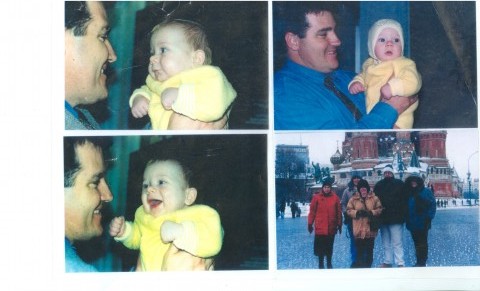

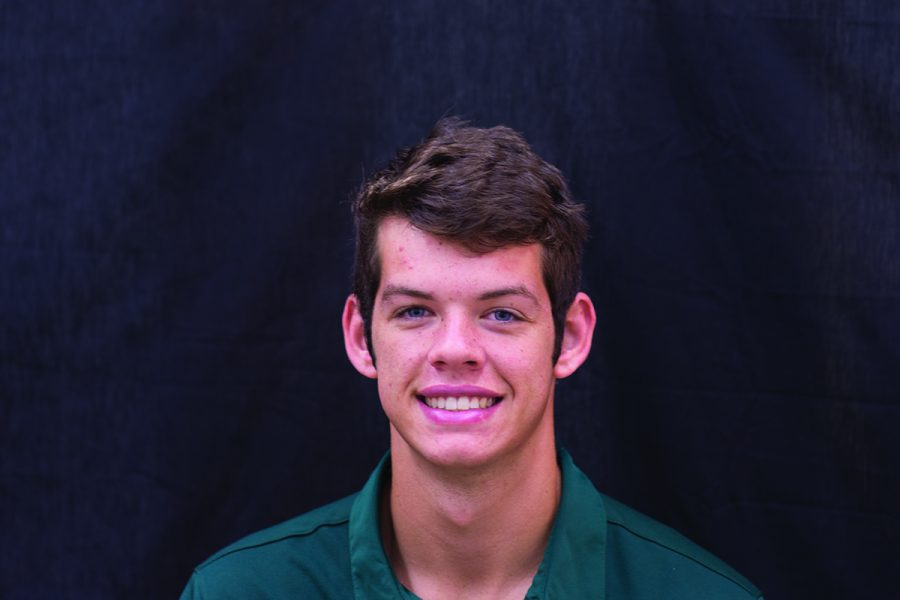
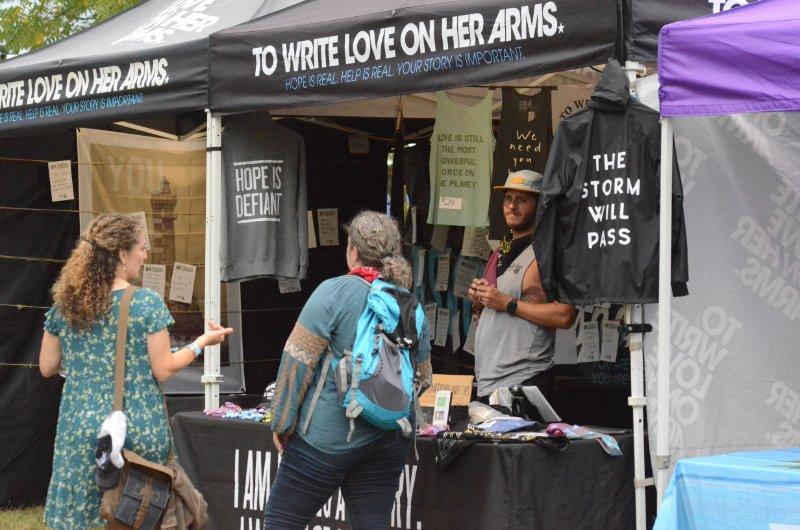

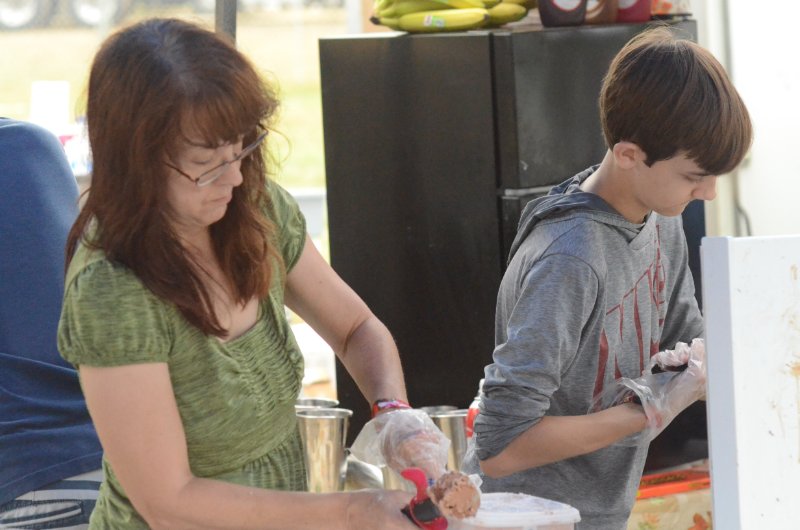
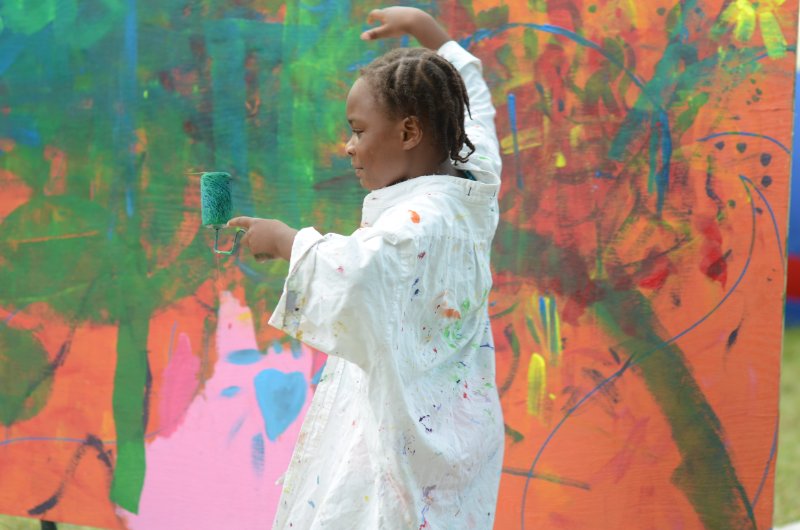
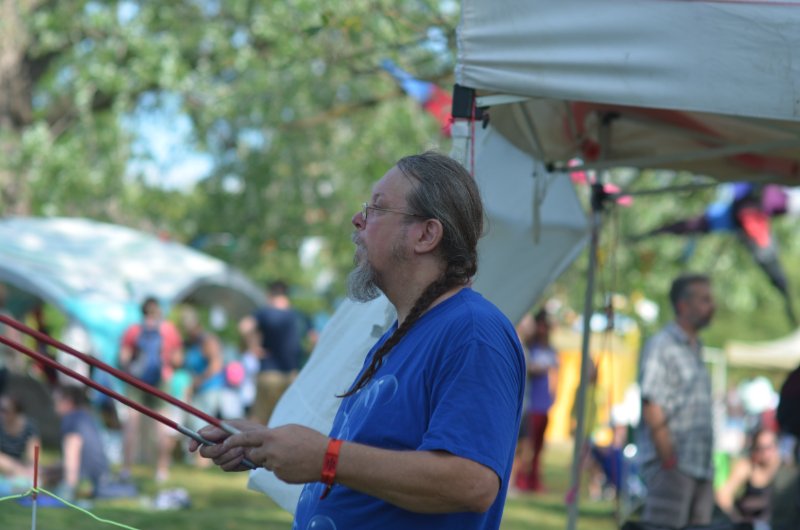
Marissa • Feb 20, 2013 at 10:01 pm
Interesting issue…sad that innocent kids will get pushed inbetween bitter politics. Very well written 🙂